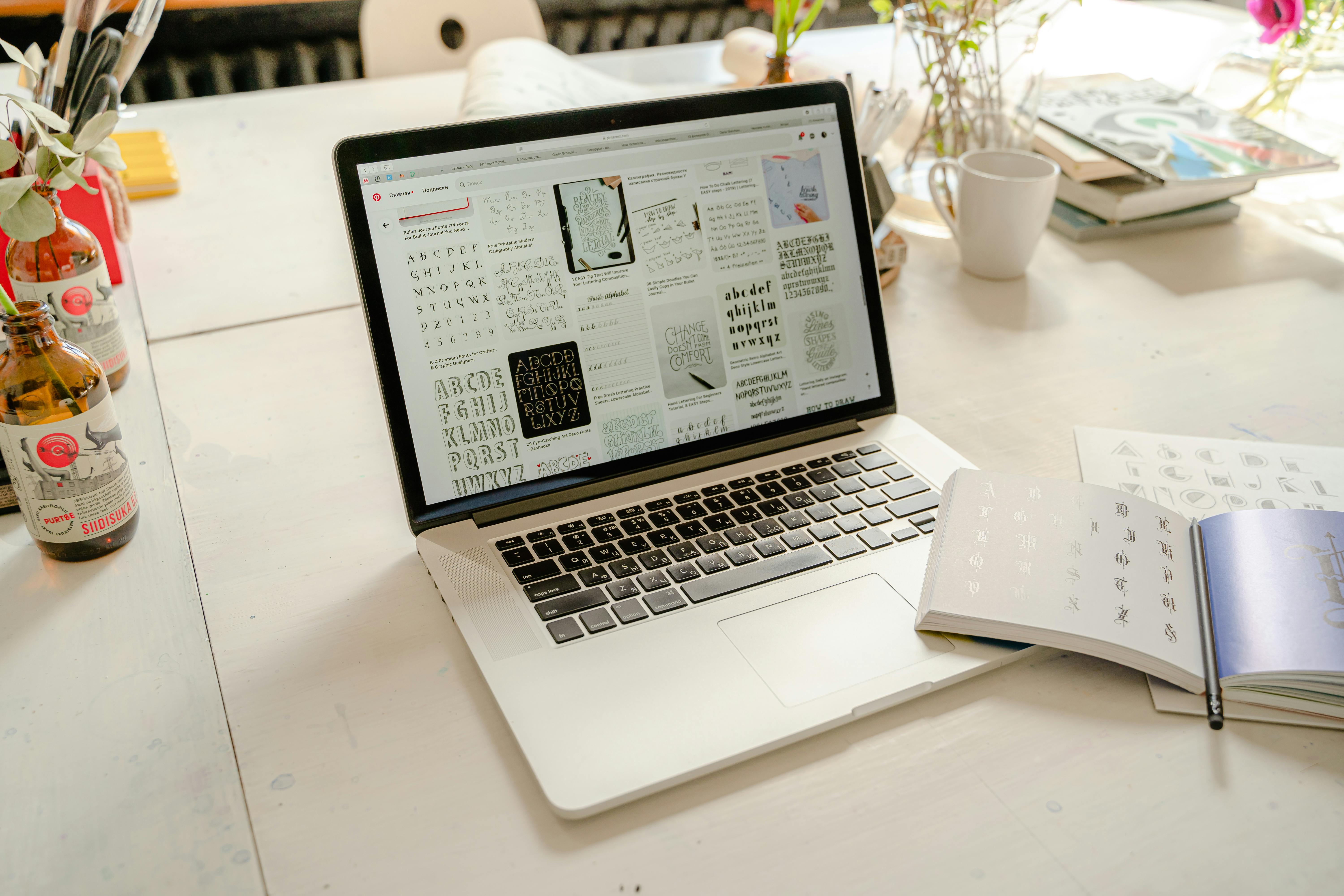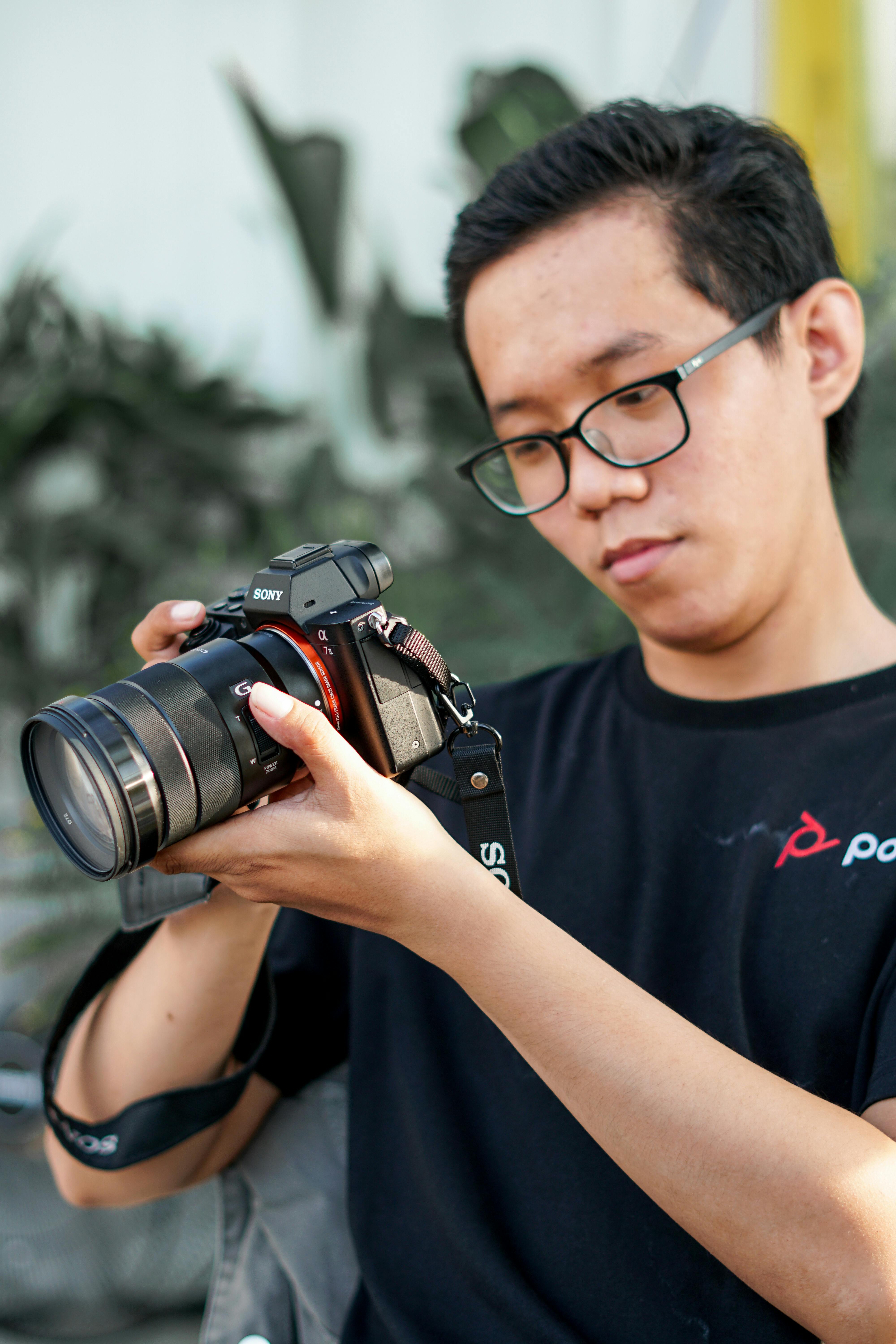Saint Lucia Lifelong Learning Simplified: Digital Tools That Work
Here’s the honest truth: for most people growing up—or teaching, managing, or parenting—in Saint Lucia, lifelong learning has always seemed both vital and, frankly, a little overwhelming. Maybe I’m just stating the obvious, but back in the early 2010s, digital education tools were more legend than daily reality here. Paper textbooks. Early-morning radio lessons. Teachers with chalk—still the norm. Even now, years after smartphones and data plans exploded, there’s a persistent feeling that “online learning” is something distant or reserved for big cities. And yet, from Vieux Fort to Castries, Soufrière to Micoud, Saint Lucians are hungry for self-improvement, craving practical knowledge whether it’s for a new job, helping the grandkids with homework, or just finally finishing that Caribbean history course. 1
Interestingly, what I’ve found—from my own experiments and those late-night WhatsApp chats with teachers—is that simple, consistent learning habits layered with the right digital tools end up being more powerful than any single course, app, or certificate. It’s a blend of daily rhythm, community, and a pinch of digital brave-ness. In this comprehensive (but practical!) guide, I’ll walk you through a step-by-step map for unlocking lifelong learning in Saint Lucia—using digital resources you likely already have or can start using, without the pressure to become a “tech expert” overnight.
Why Lifelong Learning Matters in Saint Lucia—Especially Now
Let’s get honest for a minute: many Saint Lucians I know—myself included—used to treat learning as a school thing. At some point, you’d tick your last CXC, closed your exercise books…and stopped. But here’s what really struck me: lifelong learning is not just about certificates, “passing the time”, or impressing employers. It’s absolutely crucial for thriving in a world that (whether we admit it or not) shifts under our feet every year. Consider:
- Economic survival: Hospitality, agriculture, and tech jobs are changing—fast. Digital skills, even basic ones, are now essential2.
- Personal empowerment: From cooking new recipes using YouTube to understanding your health with a quick Google search, everyday learning puts power back in your hands.
- Family legacy: If we don’t model curiosity and self-education for the next generation, who will?
- Community resilience: When hurricanes shut down schools, or a pandemic keeps everyone inside, digital learning habits keep minds active and hope alive.
Wichtige Erkenntnisse
The World Bank reports Saint Lucian youth unemployment averaged 34.6% in 2023, and digital skills are a persistent gap—even while smartphones outnumber people in some rural districts.3 This isn’t an abstract issue: it’s your neighbor, your niece, your morning market vendor.
Saint Lucia’s government launched the “Caribbean Digital Transformation Project” in 2022. Its mission: digital skills for every household, not just schools.4 If you own a radio, phone, or TV—you’re in the target audience. Modern lifelong learning isn’t just for “internet people.”
Digital Learning Made Simple: Start Where You Are
I have to say, the biggest lie I ever believed was that digital learning required the fanciest device, that perfect Internet package, or being a “tech genius.” Not true. In fact (let me clarify that!), the most powerful learning routines I’ve seen actually start with what you already have—whether that’s a battered Huawei phone or a neighborhood Digi-Kiosk that offers free Wi-Fi for students.
Here’s my favorite quick-start trick (borrowed, with permission, from a longtime friend and school principal in Dennery): “Pick the simplest app you know how to open, and ask it a question.” Can’t open Chrome? Try voice search via WhatsApp audio message. Don’t have a fancy laptop? Download one educational podcast, and listen while planting dasheen. The digital world is massive, so focus on micro-learning at first—5-minute bursts and single-topic curiosity.
Habit Hacks: Creating a Simple, Repeatable Routine
Here’s where most people (including myself, several times) go wrong: we treat learning as something to “finish.” You know the drill—sign up for a 30-hour Coursera course, swear you’ll complete it, and then… nothing but guilt. Let’s get real. The secret to lifelong learning is not “finishing”—it’s starting again tomorrow, and the next day, and the next. What actually works in Saint Lucia’s daily rhythms?
- Schedule your learning, not your completion. Ten minutes after breakfast, every day. Mark it on a calendar—old-school paper or on your phone. Consistency beats marathon sessions.
- Micro goals win. Today: one TED video. Tomorrow: quiz yourself via an app. Next day: summarize what you learned via a WhatsApp voice note to a friend.
- Celebrate learning, not perfection. Missed Tuesday? No worries—back on the horse Wednesday, no guilt.
- Try “social learning.” Form a WhatsApp group with three friends or relatives learning the same thing. Group accountability suddenly makes you want to open that app.
Practical Tip
My biggest breakthrough? Using simple alarms as daily reminders—not “learn calculus,” but “5 minutes, any topic.” I grew more consistent. My learning pace slowed, but my knowledge stuck. Seriously, five minutes is enough to disrupt a rut.
Sample Daily Habit Tracker Table
| Tag | Digital Tool Used | Learning Focus | Progress Mark |
|---|---|---|---|
| Montag | YouTube | How to Budget Weekly | Watched 1 video |
| Dienstag | Quizlet | French Vocabulary | 10 flashcards done |
| Mittwoch | WhatsApp Audio | Share a summary | Sent to group |
Top Digital Tools for Lifelong Learning (Saint Lucia Edition)
What really surprises me (even now) is how many digital learning tools already “fit” our Saint Lucian lifestyle and resource landscape—if you choose the right ones. I’ll be completely honest, not every platform works equally well for everyone, and Internet reliability is a constant challenge in certain districts. Here are the tools that have proven genuinely useful, easy to pick up, and, frankly, worth your precious data bundle:
- YouTube & YouTube Go: Still the best place for free, visual, almost-any-topic, “just in time” learning. Download videos when you have Wi-Fi.5
- WhatsApp: More than chatting. Use voice notes for explanations, form learning groups, or share daily micro-challenges. Super low barrier to entry.6
- Coursera & edX: When you have more stable Internet or want something formal. Many courses are free to audit, and several Caribbean governments subsidize course costs.
- Khan Academy & Quizlet: Interactive learning, especially for maths, languages, or sciences—great for parents helping kids, too.
- Caribbean-specific radio/TV learning: Tune in for recorded lectures on Radio 100 or Good News TV; resources backed by local educators.
WhatsApp is used by 98% of Saint Lucians with smartphones. That unique saturation makes it the #1 digital learning platform, even above some “official” channels.7
What Makes a Digital Learning Tool “Great” in Saint Lucia?
- Works offline (or lets you save resources for later)
- Low data usage
- Accessible on older devices
- Encourages sharing with others in your circle
Persönliche Reflexion
I’m partial to “blended” learning routines—mix one global tool (like Coursera) with one local method (like a WhatsApp learning group). The synergy keeps things fresh and grounded.

Three Real Stories: Saint Lucians Embracing Digital Lifelong Learning
Data and tips are one thing, but let me get personal and offer three authentic, on-the-ground stories. (Confession: Not all were overnight wins—real learning is messy, and sometimes I still backslide!)
1. The Working Parent: “WhatsApp University”
Take Marsha from Gros Islet, a single mother and food vendor. I met her during a Saint Lucia Digital Inclusion workshop last year. Her learning tool of choice? WhatsApp. At first, Marsha felt excluded from “E-learning” because of limited data and an old Galaxy S6. But with support from her church WhatsApp group, she began sending and receiving 1-minute voice notes about small business skills—budgeting, food safety, customer service. Her growth? Genuine. She tells me, “It doesn’t matter if the audio isn’t perfect; I learned more from those quick chats than any workshop.” Today, she runs a Facebook page and has taught her daughter to use Quizlet flashcards every Sunday morning.
2. The Teen CXC Challenger: YouTube as Free Tutor
Jaden, age 16, missed four months of in-person lessons when his school closed during the pandemic. His turning point? Discovering that there’s a Saint Lucian mathematics teacher with a full CXC syllabus on YouTube, free to stream or download at the public library. “I learn better seeing how the problem is solved,” Jaden explains, “and I can pause, rewind, or even WhatsApp my friends with questions.” He passed his math exam—with distinction. Let that sink in for a second.
3. The Retired Curious Mind: From Radio to MOOCs
When I first met Winston, 65, he swore he’d “never touch a computer.” Then, during lockdown, his grandson set up the “Coursera app” on a family tablet. Winston’s first course? Caribbean history—which he completed, slowly, over three months. “I used to be afraid if I pressed the wrong button I’d break something,” Winston laughs. “Now, I share YouTube documentaries with my old fishing crew.” His advice? “Take it one tap at a time. And use the closed captions!”
What We Can All Learn
- Don’t dismiss humble tools. WhatsApp, local radio, or a single offline flashcard app can change lives.
- Community is key—learning is easier (and stickier) when it’s social.
- Mistakes, skipped days, and “slow progress” aren’t failures. They’re how real, lasting habits form.8
Safety, Accessibility & Support: Making Digital Work for You
Honestly, I used to think tech access was the main barrier. Over the years, I’ve realized challenges are more layered: privacy, safety, device sharing, and accessibility. Here’s what genuinely matters—especially for Saint Lucian learners at every age and comfort level.
Digital Safety Checklist for Saint Lucia
- Guard your privacy: Never share passwords or bank info over public chat—even with “helpful” strangers.
- Double-check info sources: Not every link, video, or WhatsApp forward is fact-checked (especially health or finance tips).
- Use strong, unique passwords: Yes, kids and adults alike—write them down old-school if you must.
- Accessibility tips: Use “offline mode,” close captions, or screen reader apps for vision or reading support.
Since 2022, Saint Lucia’s public libraries have offered digital literacy support—Wi-Fi, device charging, and staff who teach basic digital skills to anyone, no appointment needed.9
Local & Regional Support Networks
- Ask at your nearest public library about 1:1 digital coaching.
- Join Caribbean-centered Facebook groups for shared resources and advice.
- Check with local schools: many now host after-hours family learning sessions.
- Explore Ministry of Education web pages for Saint Lucian-specific E-learning guides.10
“Lifelong learning is no longer a luxury. In Saint Lucia, it’s an everyday necessity—and digital tools, when used wisely, open doors to possibility.”
Future-Proofing Your Lifelong Learning in Saint Lucia
Here’s where my perspective has really shifted. Ten years ago, I figured “catching up” with digital tools was about ticking boxes: do this course, install that app. Now I see lifelong learning as a living habit—one that grows with you through jobs, joys, setbacks, and even (especially?) power outages and life changes.
- Embrace “seasonal learning.” Busy during Carnival? Maybe drop learning to once a week—then ramp it up post-holidays.
- Keep a “Next Topic” list in your phone notes. That way, curiosity never dries up—even if motivation wanes at times.11
- Mix digital with traditional. Handwritten notes, books, neighborhood meet-ups—use all the tools that work for you.
“Digital learning isn’t about replacing the old ways—it’s about weaving new routines right into Saint Lucia’s real-life rhythm.”
Referenzen & weitere Ressourcen
Final Thoughts: Your Lifelong Learning Journey Starts Today
I’ll admit—there was a season when I postponed learning until “things calmed down,” or when I had “the perfect app.” What I’ve found (and what I hope you’ll try) is just this: Start small. Use what you’ve got. Ask for help. The path to lifelong learning in Saint Lucia isn’t reserved for the “tech privileged”—it’s available to anyone who’s willing to try, ask questions, share, stumble, and keep going. Your habits—not just your tools—are what matter in the long run.11
Your Challenge
Take 10 minutes today. Pick a topic—any topic. Use one digital tool (even if it’s just WhatsApp or radio) to learn one new thing. Track your progress for one week and share what you discover with a friend or family member. Let’s make lifelong learning a Saint Lucian legacy—together.



